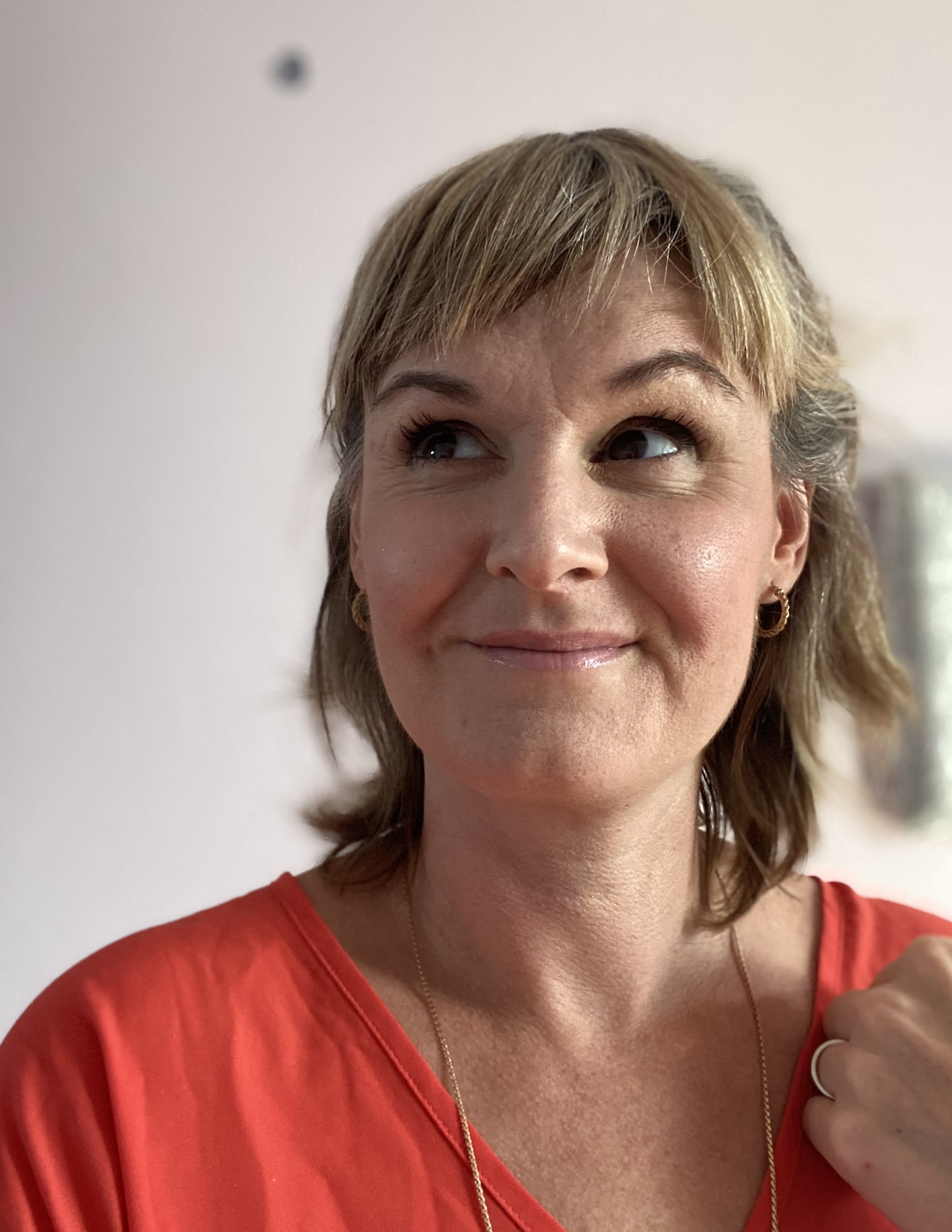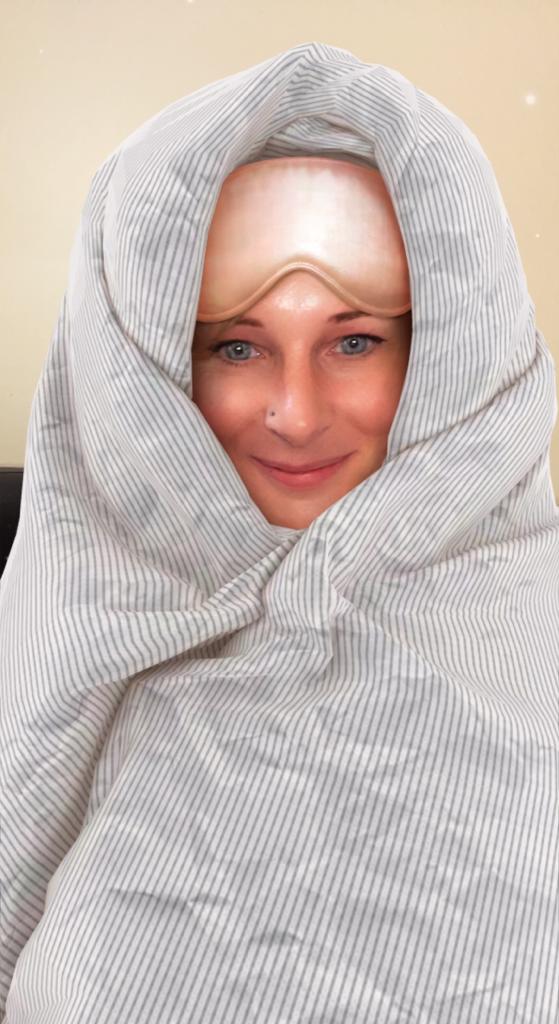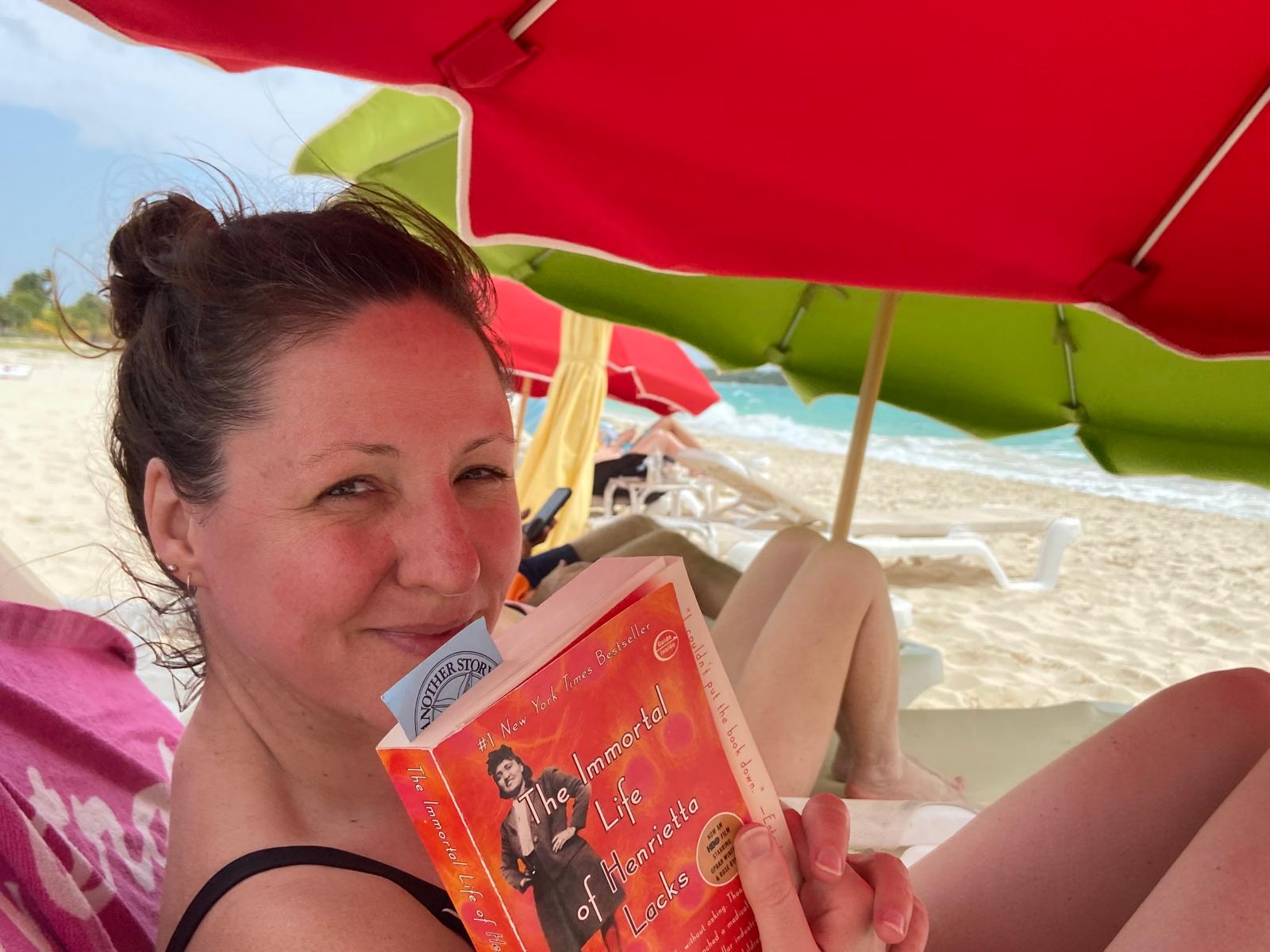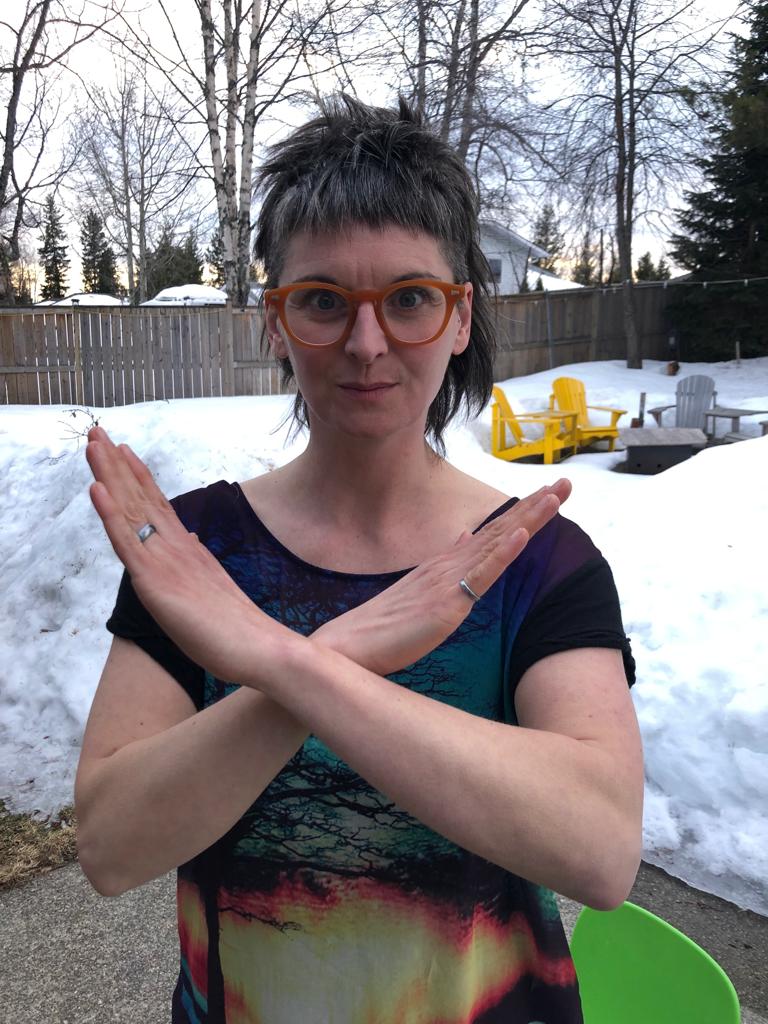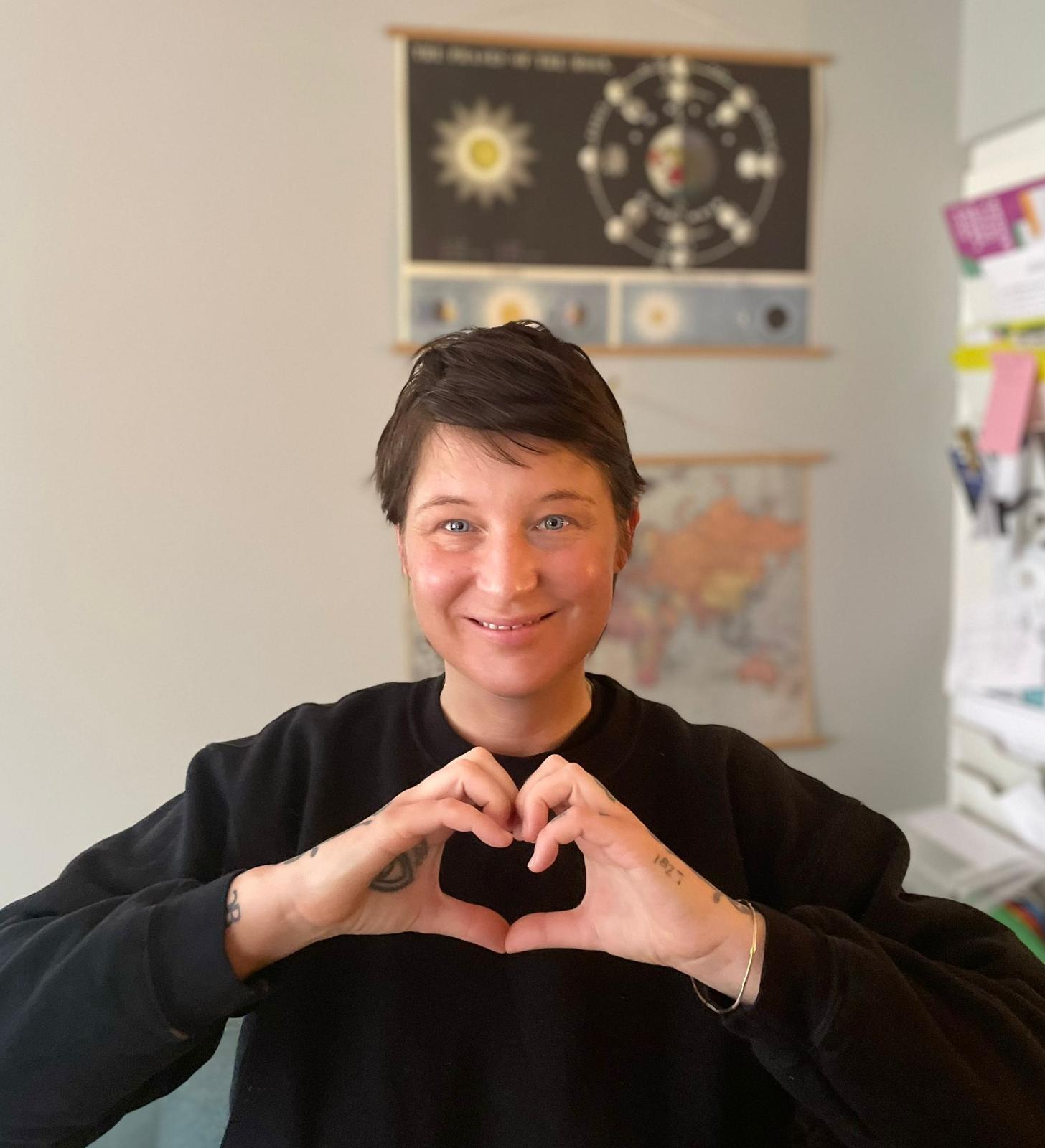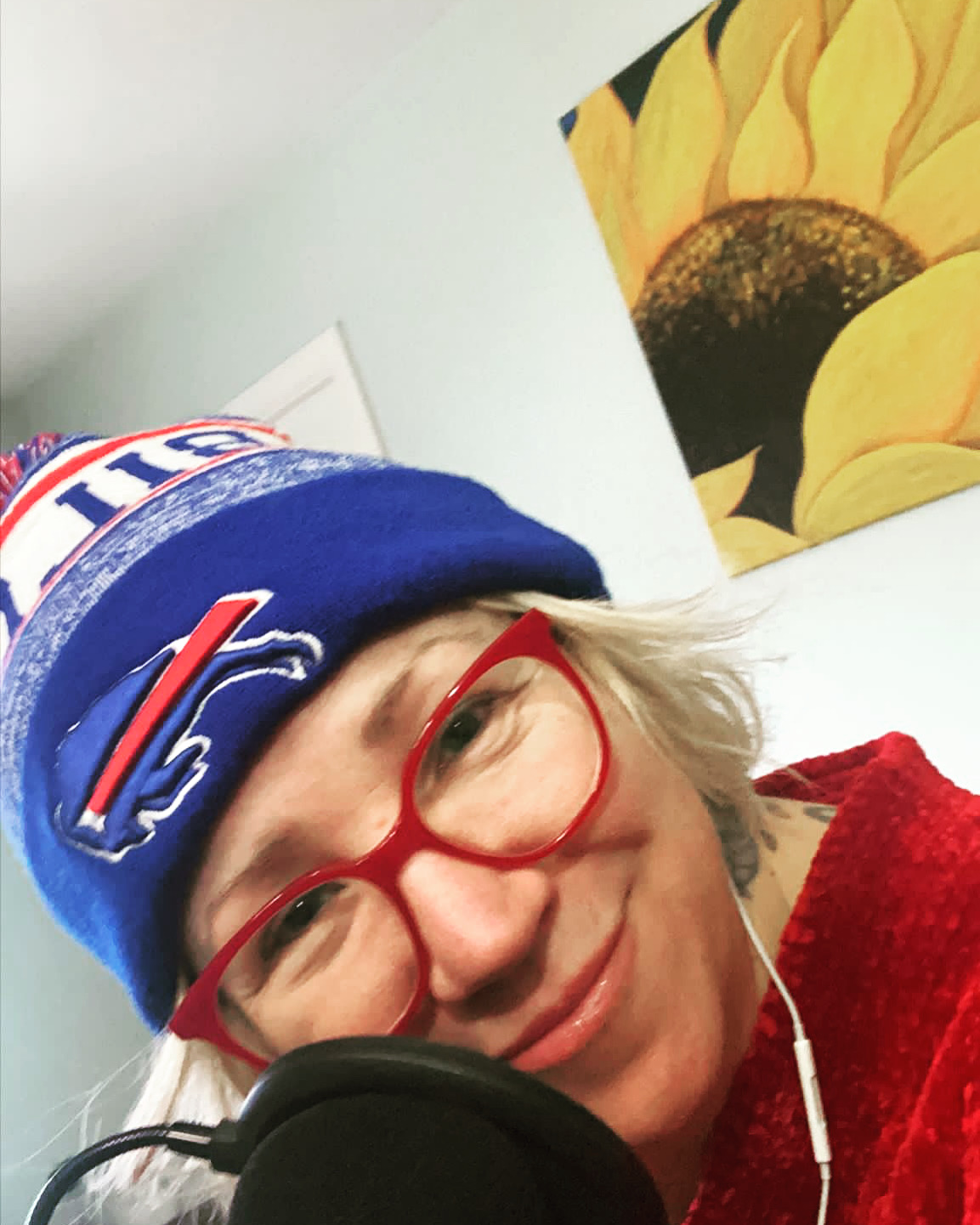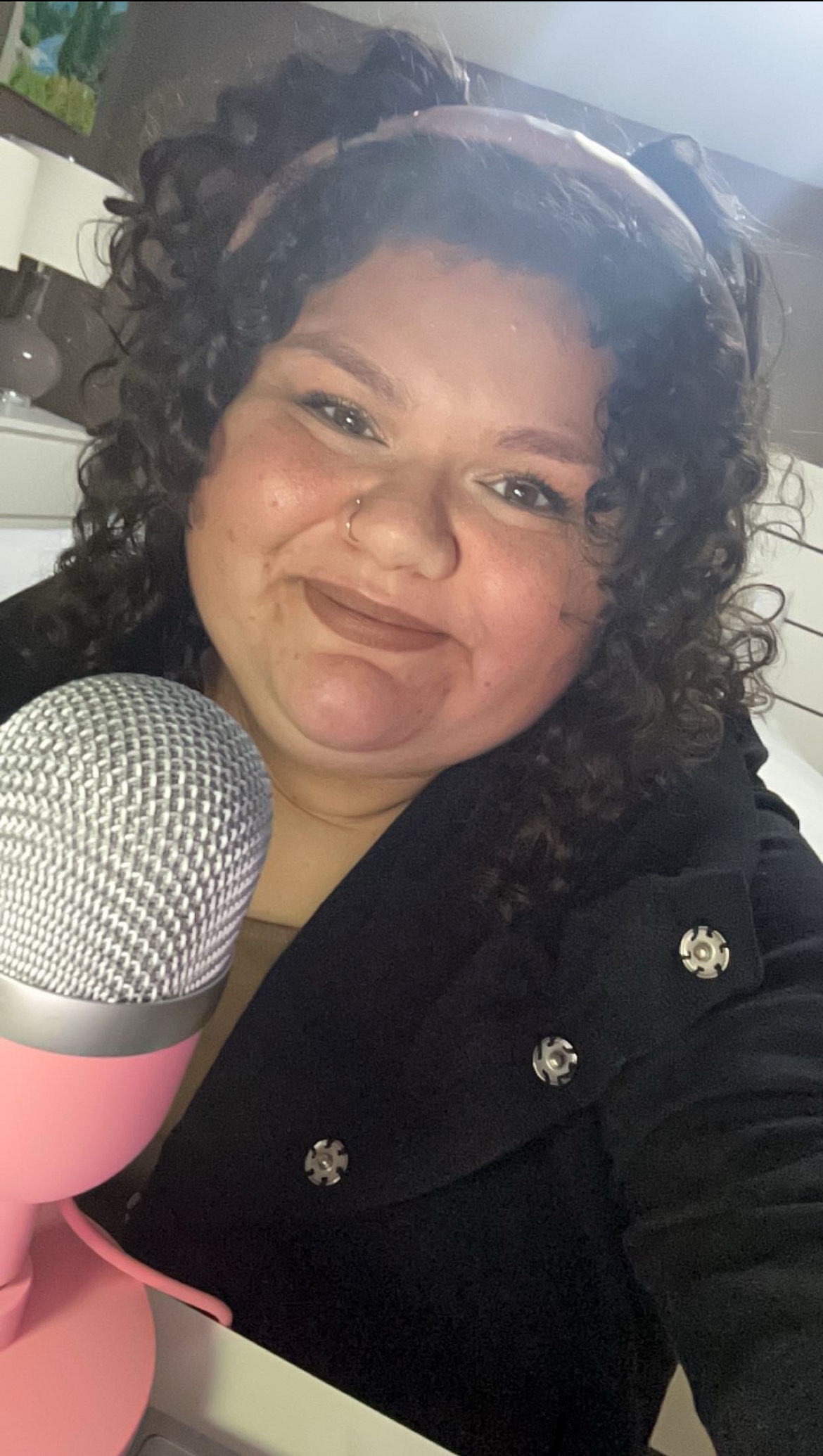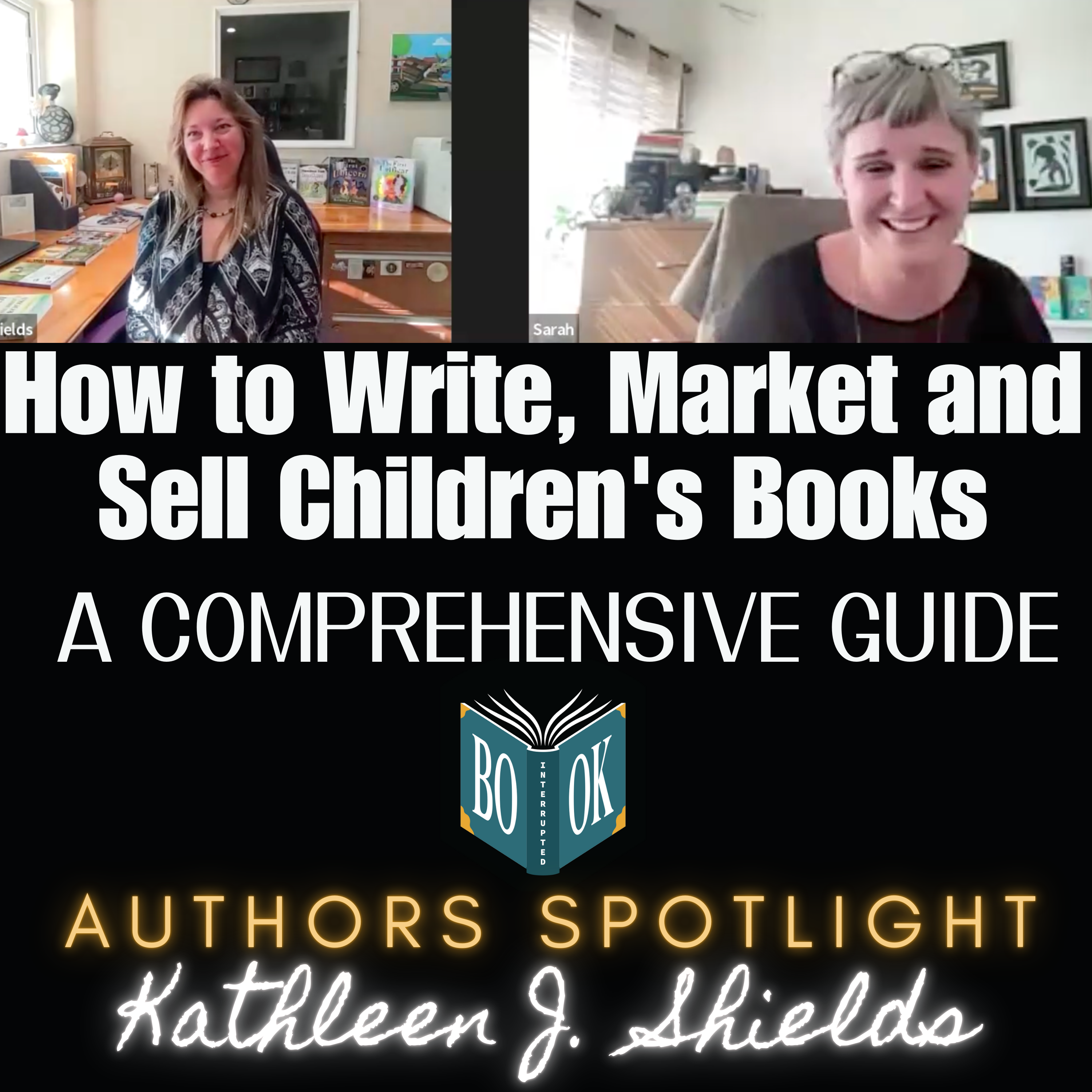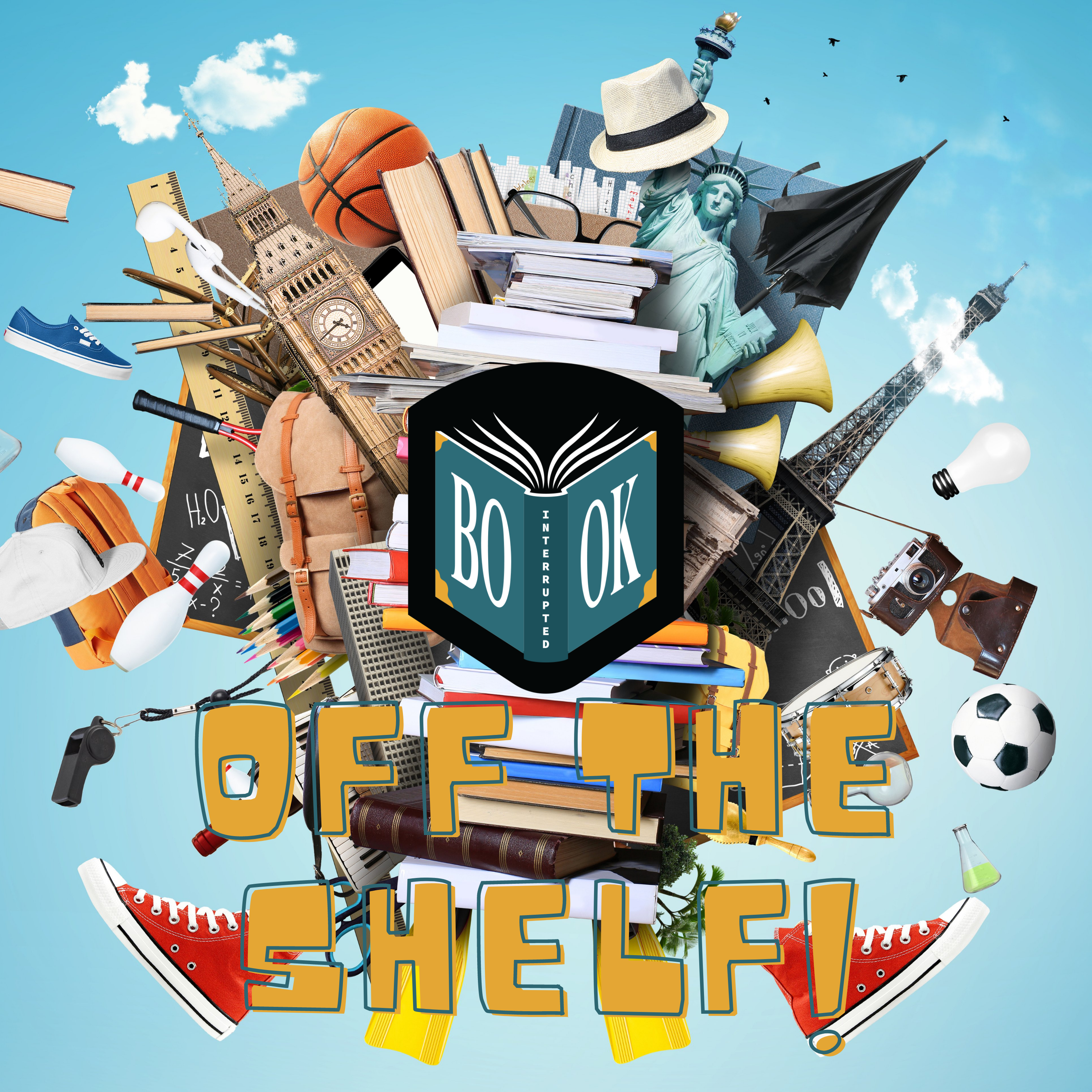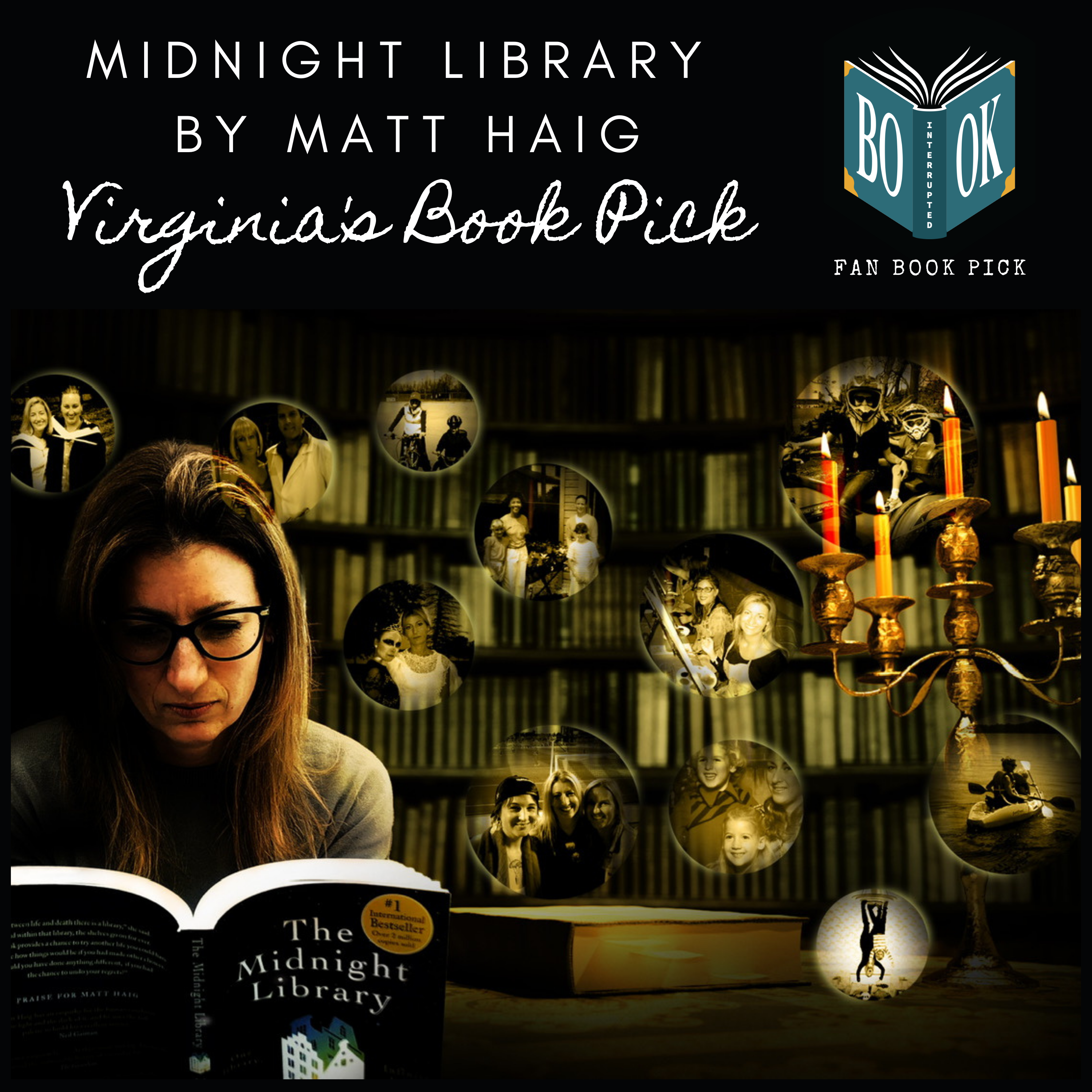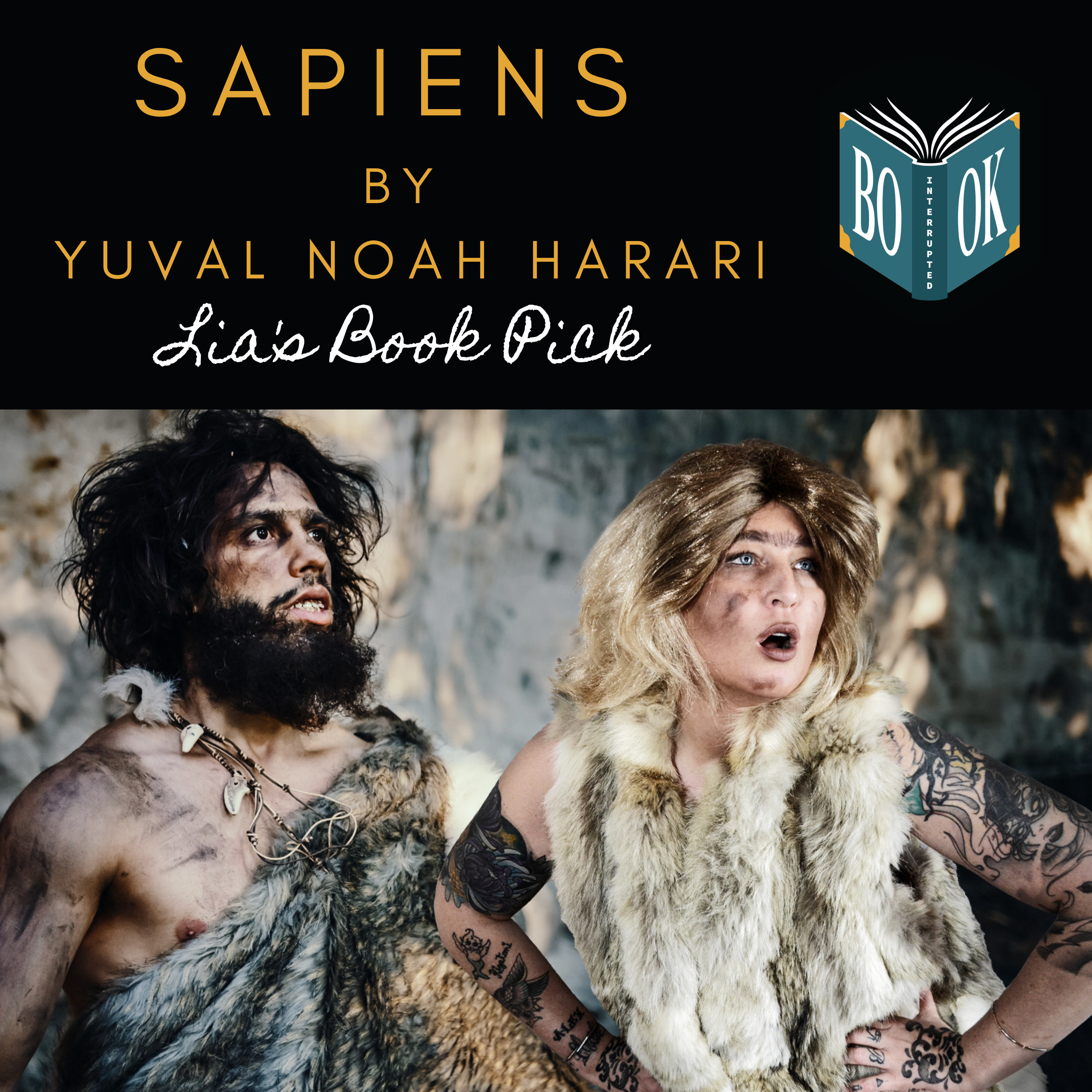Episode Transcript
[00:00:00] Speaker A: Without members, a book club is just a book. Join the community by following us on Facebook or sign up for exclusive content through our website, www.bookinterrupted.com.
[00:00:13] Speaker B: Unpublished parental guidance is recommended because this episode has mature topics and strong language.
Here are some moments you can look forward to during this episode of Book Interrupted.
[00:00:25] Speaker C: Write a children's book, publish it, make a million dollars and be able to retire. And it's not like that, unfortunately. You're writing for children, marketing to parents. I say adult books. I'm a children's book author, so there's children and adults. Have a turtle ific day. I love puns. That's why I write for children.
Her best friend's a dragon and she likes to open up magical portals and explore different realms. So it's a lot of fun. Authors love talking about their books. Sometimes we can kind of go on and on, which I might be doing.
It gives them that spark back that tells them that they aren't imposters.
[00:01:08] Speaker D: To read a book is the goal.
I wanna learn something new.
I don't wanna be disrupted.
Mind, body and soul.
Inspiration is the goal.
And we're gonna talk it out on book.
[00:01:33] Speaker C: On book.
[00:01:34] Speaker E: Interrupted.
[00:01:34] Speaker D: Interrupted.
[00:01:36] Speaker B: Welcome to the Author's Spotlight. During these mini episodes, we have authors come on and tell us about their books and why we should read them. Let's listen.
[00:01:45] Speaker E: Welcome to the Author's Spotlight. On this episode, we are talking to Kathleen Shields and her book, how to Write, Market and Sell Children's Books. Thank you, Kathleen. Oh, perfect. She's showing us the book. Why don't you tell us why we should read your book?
[00:02:00] Speaker C: When I first tiptoed into the publishing industry 24 years ago, I was as green as a four leaf clover. And I took a lot of classes. I read a lot of blogs, a lot of newsletters, and they were very helpful for somebody who's completely new and green to the situation. But they didn't teach you everything. They didn't go and delve deep into various aspects of the things that, you know, you really needed to know. And then the other thing that I noticed, especially in a lot of the classes that I took, was the fact that they're really focusing towards adult books. I say adult books. I'm a children's book author, so there's children and adults. I know novels, memoirs, historical fiction, all sorts of different adult type books. Those are easy to sell because you know exactly who you are selling to, who your genre is, and they have their own money. When you're writing for children, you're writing for children, marketing to parents and teachers and homeschoolers and librarians. It's endless. And so that was one thing that I wanted to teach authors, because I meet a lot of them. I go to so many different book festivals and things like that. I'm always talking to them and I'm always hearing these absolute horrible horror stories, which we'll get to in a little bit. The one thing that I really wanted to do was when people come out with children's books, they think it's so easy. Write a children's book, publish it, make a million dollars and be able to retire. And it's not like that, unfortunately. And so when I wrote my book, how to Write, Market and Sell Children's Books, I wrote it specifically for children's books. One of the things that they say is put together a website and collect email addresses for your newsletter and stuff like, well, that's all good and great if your readers are adults and they're going to continue on that journey, that reading journey, for the rest of their life, you know, say 50, 60 years. It's quite another if you're collecting email addresses of parents of a second grader because by the time they get into fourth grade, they're not reading picture books any longer. And so they end up subscribing and you basically, you have to start over again. And so when I wrote my book, it is 460 pages long. I had no idea it was going to be this long. I figured it would be like this little teeny tiny thing, just like a children's book. But unfortunately it just kept growing and growing and growing and growing. And so that's why I'm here, because I want to educate people that it's not that easy, that there's a lot to it. There's a lot that you have to think about in regards to writing it as well as marketing it. So, yeah, that's great.
[00:04:31] Speaker E: I was going to say. So you wrote a blog post on the book Interrupt, the blog under Creative's Corner. Just the blog with all the categories. You know, it made me really think people going into it, it helps them with all those pitfalls, not knowing, like how you find an illustrator, all the little things, like the dark side of the publishing industry, which I've heard even one of our members on Bookhead directed. She had a blog that went viral and they were turning into a book. And once she got into that machine, she was like, I don't even want to write a book anymore. After a year of it like by the time and she had written the.
[00:05:06] Speaker C: Book, I mean, that's, that's what happened to me. When my very first book was published in the year 2000, 24 years ago, it was young adult trilogy. And I was so happy to be able to hold my little book baby in my hands. But the marketing of it, the getting it out there, people love the story, but just getting it in front of the people was a true challenge. And I just got so many doors closed in my face that it was just ridiculous. So it put a sour taste in my mouth and I didn't want to do it again. Jump ahead 12 years, I decided, let's do children's books. Why not? I completely forgot everything learned in 2000, but I did.
[00:05:41] Speaker E: I started.
[00:05:42] Speaker C: And over the course of the last dozen years, I have been fine tuning it from one book to two books to three books. Twelve books in the series, chapter books for my tween readers. I've learned so much about the industry, how much it's changed. And when I started in 2011, 2012, all the traditional publishers were telling me, oh, we're retooling to go ebook. And I'm like, for children's books, you electronic.
I'm like, you know, dexterity, being able to turn pages, I mean, that's important stuff also. And of course that didn't actually happen. They were wrong. Just like a lot of the things that they do these days, they're kind of wrong. And I think that's the reason why so many people go through hybrid publishers or self published, because they have stories that the traditional publishers aren't going to share. It doesn't fit in their little box anymore. And that's what they have is a box. They know what works, what sells, and that's all they ever stick with. And there's so much more out there that should be. And so I encourage authors to follow their dreams, write the children's books. But if you're going to do it, let me teach you how to do it right. How to pick the appropriate vocabulary, deciding whether you're going to do a picture book or a easy reader, an early reader chapter book kind of thing, or an actual chapter book. Whether you're going to have illustrations, color, black and white, the size of the book, the vocabulary is the most important thing, whether you're writing for that particular age group or not.
[00:07:03] Speaker F: I mean, you don't want to use.
[00:07:04] Speaker C: Big words for a second grader because they don't know the big words yet. There's so many different things that you have to take into consideration.
And then of course, there's working with your illustrators, how to do it, how to spot a scam, how to use those illustrations to make, say, from a picture book to a coloring book. Let's go ahead and market for both. Let's do both. You know, people have options with your first book. Why not have to. How to gather reviews, how to contact schools, how to do school visits, how to do public sales etiquette. I mean, there's just so many different things. Your branding. And then of course, the most important thing that I have in this book is the dark side of publishing. Because there is discrimination. There is. There's so many different scams. There's so many different things that you have to take into consideration. Consideration that other authors just won't say because, well, it's negative. But instead of it being just negative, I'm educating and inspiring. So just because there are people out there trying to scam you doesn't mean that you shouldn't continue to go forward. Be smart, use your intuition, make very good educated decisions and don't let yourself get scammed because you're going to continue to following your dreams and you're going to succeed. So that's me.
[00:08:16] Speaker E: Wow, I love it. And you mentioned you have you have another book.
[00:08:20] Speaker C: Yes, yes, I have a couple of things that I have coming out. Okay. So I like to write inspirational stuff as well. I've been working with an amazing author. His name is Preston Mitchum. Of course, he wasn't an author when I met him, I was like, oh, you're amazing. He lost his father and he started posting these little inspirational messages, Positive thoughts, positive vibes on Facebook once every Friday. And after a while following him, I'm like, you need to write a book. And he laughed at me. It was hilarious. And so I'm like, no, really, you need to write a book. And after a while, I decided I'm a graphic designer. So I created a book cover for him with his title and his name on it. And I gave it to him and he's like, oh, wow. And so kind of the light started going off. So the long story short, he has come out with positive vibes. There's three adult inspirationals, there's a tween, a chapter book, an inspirational for tweens, and there's even a picture book. We're putting together a 365 day devotional. I just love everything that he's doing. And I've even written my own Positive Vibes Dogs P. A W s. And it's also a little daily inspirational where it connects fun antics of our dogs to how we should look at life. You know, wagging our tail with, you know, our tongues out, excited and happy for the next adventure. For me, it's dogs and turtles. That's kind of my thing. And so the next one is called have a Turtle ific day. It's adorable. And so I've written these, you know, little inspirational messages for turtle lovers that basically say, in this fast paced world, it's easy to get caught up in the rush, constantly moving and from one task to the next with a little time to pause and just be. So sometimes the most valuable thing we can do is slow down and take what I like to call turtle time, take a moment to step back, breathe deep, and simply exist in the present. And so that's like one of the little messages in there. And I've got 180 messages in my first book, so have a turtle ific day. I love puns. That's why I write for children.
Then I'm also working on a five book series for tweens. I'm still playing with the title, the Immortal Explorer. She is a 12 year old girl. She has all sorts of knowledge because she's been around for thousands of years. Her best friend's a dragon and she likes to open up magical portals and explore different realms. So it's a lot of fun. And I love the fact that every single realm that she goes to, well, maybe not every single one, they technically connect to books. If the reader has read any of the books, they might recognize what book it might be from. It's not the actual story, but it's a side story because, you know, there's always somebody who's affected by the knights and the evil sorcerer that are fighting against each other. There's just somebody over here in the countryside whose house gets, you know, blown up. So there's always side stories, there's always a story out there that isn't actually written into a book. You know, most books are written about the most important people, the kings, the princes and the princesses, the knights, but they're not really written about the common people. And I think that's where self publishing kind of came to be. People have a lot of stories, everybody's got a story to tell. And so it's important to write stories that kind of show that you don't have to be a pop star. You don't have to be, you know, the best musician to be able to have a wonderful story and to put out there.
[00:11:51] Speaker E: So I think it's really good for kids to have that because I think that making it something, especially princesses and queens, like they actually can't be them.
[00:12:01] Speaker C: Right.
[00:12:01] Speaker E: Because they have to be born into that. So it's good to the hero, like the hero's journey. A regular kid being the hero of the story. Because it. I think it's more relatable to children.
[00:12:12] Speaker C: Thank you.
[00:12:13] Speaker E: My 12 year old, she loves fantasies. She loves like that magic and all that kind of stuff. So that sounds right up her alley.
[00:12:19] Speaker C: I try to avoid magic a lot. I'm basically putting together a play with alchemy. So she knows her own kind of alchemy. And if you put a bunch of these magical tokens together, you can create something new and exciting. It's all about educating yourself, figuring out what's there and using it to help yourself or help others. So I'm having a lot of fun writing it. One of the side stories in the book is she wants to go up to Giant World, which is in the clouds. And the only way to really get there is through a beanstalk. Well, there are no more magic seeds, so she has to actually start a garden and do some splicing and grafting and creating her own plant that'll actually grow up to the cloud so that way she could get there.
I've been able to rethink the process and have it be somewhat more relatable. It'll be interesting how long it takes me to put together five books, five longer books. How?
[00:13:18] Speaker F: I just.
[00:13:19] Speaker E: I was gonna ask you, how long does it typically take you? You have 12 books right now, right?
[00:13:23] Speaker C: I have 12 books of the Hamilton Troll series. I have multiple chapter books. I have Christian fiction trilogy. I actually have 40 published books.
[00:13:32] Speaker E: Wow.
[00:13:33] Speaker C: A lot more in the works. I have another picture book that I'm looking for an illustrator for. I have Turtle Olympic Day that'll be coming out soon. I just. I can't stop writing. I do have fun with it.
I let my imagination soar.
[00:13:48] Speaker E: That's great. Talking about the turtle and the dogs. I've heard from publishers that say they want books that are more niche. If your book is very wide, that it's harder to get people to buy it. It's that something that you find too is being more niche. Like yours is about people who love turtles. So then they find your thing and done, they're buying because you're connecting to some specific demographic. Is that something that you find with writing books or you're suggesting to People in your book to other authors.
[00:14:19] Speaker C: I do agree with that. Actually you would think that everybody loves turtles. But if I wrote a cat book that probably do a lot with, you know, cat lovers and dog lovers. So I do agree that traditional publishers are right because there are turtle lovers out there who absolutely adore turtles. I do so many shows out in the public that I can actually see a turtle lover from a mile away because they walk right up to that book. Or I. I know that the person has dogs at home or wants a dog because they're the very first thing they look at is either positive vibes dogs or my ghost dogs.
[00:14:53] Speaker E: So yeah, I think that the broad is not as popular anymore. That being more like Nichi into things like turtle lovers will instantly gravitate to that book. Be like, oh my gosh, I love turtles or oh my gosh, I love dogs. I love dinosaurs. Well, dinosaurs and dragons. I mean, my son crazy about dinosaurs and dragons.
[00:15:12] Speaker C: Crazy.
That's an easy.
[00:15:15] Speaker E: But it's still niche.
[00:15:16] Speaker C: You know, I have a book called the First Unicorn and everybody loves unicorns. And so that one's a really popular book. The very first book that came out before that was the first Unibear. When I was 10 years old, I connected my love of care bears and unicorns together and I created the Unibear. It was different, it was something nobody ever heard of before. And you would think that that would be interesting to them. And I actually did very well. Won six book awards. I'm super thrilled with it. But now when they have to choose between Unibear and unicorn, they kind of go to the unicorn because everybody knows what a unicorn is. But I have had so many good things said about Unibear, I don't see any reason why you shouldn't do it. See, one of the things in this world is the fact that you have to be the best of the best of the best. It's the best singer that gets the award in American Idol. It's the best actor actress that gets the role in the big time movie. But not everybody like my other story. Not everybody can be kings and queens and princes and princesses. There's a lot of people in this world, a lot of people who just want to be able to share their God given talent with the world. This world has designed itself to be global. You know, you may not be the absolute best, but it doesn't mean that you don't have the best story for the people who are interested in it.
[00:16:40] Speaker E: So yes, I definitely think it's a market for everyone.
[00:16:44] Speaker C: Yeah, right.
[00:16:44] Speaker E: Exactly.
[00:16:45] Speaker C: That's right. I may not be the best writer on the planet. I definitely do not think I'm the best writer on the planet. I'm not even sure I'm the best writer in my own town. But I have great stories and I want to share them. You know, God didn't design to be perfect and the best in the entire world. He designed us to be unique and special in our own way.
[00:17:06] Speaker E: I completely agree with you. Any final thoughts for our listeners?
[00:17:11] Speaker C: I knew when I was 8 years old that I wanted to write. I wrote my very first when I was 10 years old. One of the next books that I wrote that was published, I was 12. It didn't get published when I was 12. It's been highly edited since then. But the point is, is that I always kind of knew what my talent was going to be. I love to write, had a very active imagination. It was important to me to be able to escape the realities of the world and enter my own world to, you know, to survive. Basically. The thing that I love most about writing is that I'm not judged while I'm writing it. I can perfect it, I can fine tune it, I can massage it until it's something that I'm proud to put out there. And then I love hearing all of the comments about how great it was or how smart it was. It makes me feel good to know that all of my hard work pays off. I love, love writing. It's, it's kind of how I grow as a person and then sharing my books, putting them out there for the world. I do so many public events. I love being able to talk about them. Authors love talking about their books. Sometimes we can kind of go on and on, which I might be doing, but we love being able to, to share our stories. So I always like to say is, even if the author that you meet sitting at a craft show or a church bazaar or on the side of the road or wherever, even if it's not a genre that you read, doesn't mean that the person who is presenting it is not interesting. I've met so many amazing authors in my journey over the last 24 years. And they're so special because they all have something that they want to share with the world. I always say if you want to share a story, if you want to write a story, one of the hardest things to do is to actually write it. You can get a great idea. But sitting down and writing it and putting forth the effort, spending the time the statistics are so low for those who actually follow through with the story idea to the actual book. And even after they've written the book, there's so many people who just feel like they're not worthy enough to actually have that book published that they actually truly believe that the traditional publishers aren't interested in their story. They get so many rejections that they feel like they're not good enough, that they're imposters. But the fact of the matter is, if they have taken that idea and they have worked it all the way down to an actual book, it's going to be a good story. It's bound to be a good story because they put their life, their soul, their being into that story. So give it a chance. Even if it's not traditionally published, you know, give them a chance. Because if they put that much work and that much time and that much effort into the writing process, getting it edited, formatting it, you know, hiring illustrators, putting together the book cover, putting it out there, they're putting themselves out there for the world to critique. And sometimes the world is mean and harsh. If you like to read, encourage them to keep doing that. Encourage them to write, encourage them to put those stories together. Buy a book, leave a review. Even if it's a free book, remember to leave reviews because that tells an author how important that they are, that they are doing something that is appreciated and encourages them to keep going. It gives them that spark back that tells them that they aren't imposters, that they aren't worthless. That's what the world teaches people, is that if you're not the absolute best of the best, that you're not good enough. And you are, keep writing. Put it out there. Write another one. Put another one out there. Go out into the public, fine tune your sales pitch, be proud of your work because you have accomplished something that 97% of the world wants to do and won't. When you want to put together a children's book, educate yourself, learn about it, how to write it, how to find an illustrator, how to put together the graphics, how to do the proper marketing, how to get the reviews, and how to avoid scammers because there's so many of them out there, it's so horrible. And follow your dreams and that's the most important thing that you can do. Use your talent and share it with others. Guess that's about it. Thank you.
[00:21:43] Speaker E: That's amazing. That was a great inspirational for all the soon to be, hopefully authors that are listening right now. Okay, so listeners, if you would like to pick up Kathleen Shields book. Her book is how to Write, Market and Sell Children's Books. You can find it on the Book interrupted website at www.bookinterrupted.com shop and it's under the author's spotlight. Or you can also find it on our blog and you can click on the blog and it'll have all the information on there as well or in the show notes below. Okay. Thanks so much Kathleen. I really appreciate you being on the show and being such an inspiration to future authors. That's so great. Thank you so much.
[00:22:24] Speaker C: Thank you so much. I really appreciate you giving us the time and giving us the opportunity to put our information out there. It's a real blessing. So thank you.
[00:22:33] Speaker B: Thank you for joining us on this episode of Book Interrupted. If you'd like to see the video highlights from this episode, please go to our YouTube channel, book interrupted. You can also find our videos on www.bookinterrupted.com.
[00:22:49] Speaker F: Hi, would you like to get some publicity for your self published book? Because we'd love you to sponsor our podcast. You could sponsor an episode or just one of our interruptions. We'd love to hear about your project as we work on ours. So please reach out at www.bookinterrupted.com and click on sponsorship. Thanks Book Interrupted.
[00:23:17] Speaker A: Never forget every child matter.
